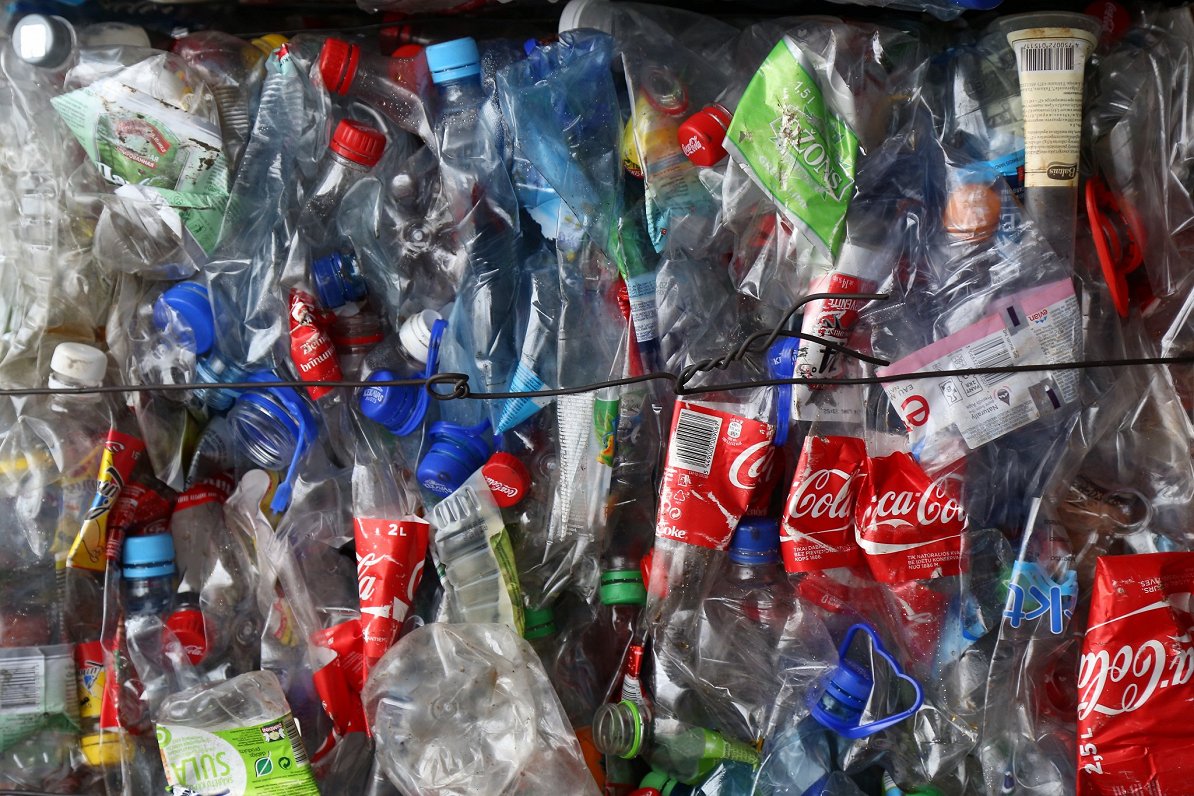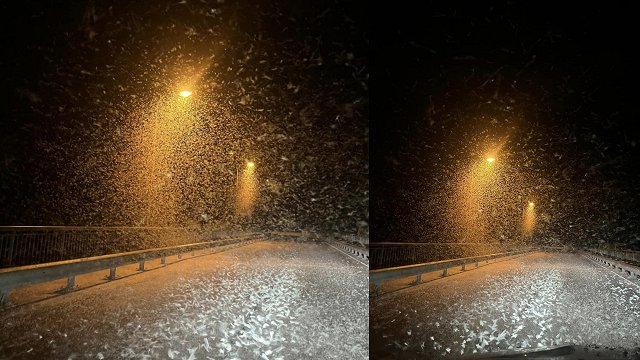A study conducted by AS “AJ Power Recycling”, the association “Zero Waste Latvija” and ZAAO concludes that people make frequent errors in waste sorting, and those are due to ignorance, not negligence.
The study analyzed 112,5 kilograms of waste thrown in recyclables but unfit for recycling. It was found that 80% of this waste was not at all recyclable packaging, a third of it being textile products.
“While it seems from the beginning that sorting waste is easy, when people start asking very detailed questions, there are doubts,” said Lūse. In her opinion, people mostly make uninformed mistakes in sorting rather than wishing to cause harm.
“A big mistake that people make is that the container is casually called a plastic container, instead of packaging container,” said Lūse, giving an example that plastic toys should not be thrown in plastic packaging containers.
In order to make it easier to understand what can be thrown, for example, in a plastic container, it is worth memorizing four words – box, can, bottle, bucket, said the head of ZAAO Sorted garbage collection unit, Ginta Gailuma. If the plastic obect falls into these categories, or is a polyethylene bag, it may be placed in the packaging container. The rest of plastic must be placed in general waste.
On average, 15% to 20% of the packages discarded in garbage containers are landfilled and not recyclable, Gailuma said. Similarly, sorting is hampered by waste thrown into a wrong container, such as cigarette butts, nappies, bark, construction debris and textiles.
The sorting of waste in Latvia is largely entrusted to residents, not to factories, as is the case in, for example, Barcelona, where the sorting process is simpler. The reason for this situation is that waste is not burned in Latvia. In countries with polymeric combustion plants, energy is generated from waste. “Latvia is the country where this chimney (so called polymeric plant) is not there, so our sorting arrangements are different, because we can only sort what we can pass on for recycling. In other European countries, polymers that are unfit for recycling are passed on for incineration, energy extraction,” Gailuma said.
In February next year, a deposit system for drinks packaging will be operational in Latvia. “The deposit system will help us, firstly, to achieve the objectives set by the European Union that we need to collect a certain part of PET bottles and it will help to collect cleaner materials,” Lūse said. She hoped it would improve the quality of recycled plastics.





























